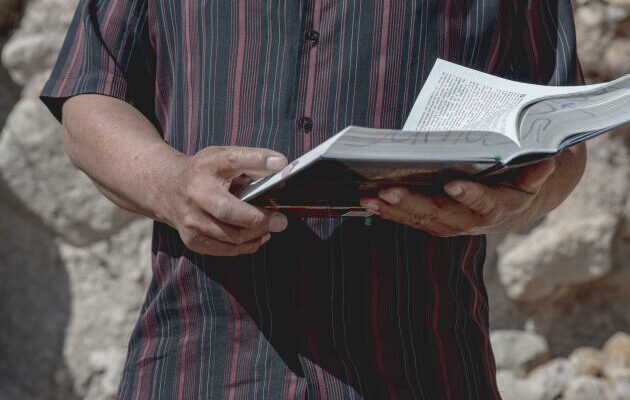An old lady, barefoot, painfully climbs the hillside of the rutted alley that runs alongside empty houses. Just above, the football field in sector 2 of Colonia Villanueva, one of the poorest neighborhoods of Tegucigalpa, the capital of Honduras, is being renovated: it will soon be covered with synthetic turf, an unusual luxury in this place of desolation where running water is only distributed every eight days. “We would rather need tarmac streets, said, bitterly, a man in front of his house hidden by corrugated iron sheets. In the rainy season, children are up to their knees in mud to go to school. »
The police do not venture into the slum dotted with steep stairs. “At the bottom, it is the reign of the “18” and, at the top, the “MS13””, murmurs Pastor Santos, from his evangelical church which dominates the deserted neighborhood. He refers to Barrio 18 and Mara Salvatrucha 13, the two main gangs which wage a merciless war and torture ten million Hondurans with extortion. In October 2022, around sixty people had to leave their homes overnight, threatened with death by “the 18”, leaving everything behind. “Gangs harass young people so that they do not leave the group”, regrets the pastor, who helps them leave, despite the risks.
Criminal groups in Honduras have infiltrated all state institutions, as demonstrated by the recent drug trafficking trial in New York of former President Juan Orlando Hernandez (2014-2022), predecessor of the current head of state, Xiomara Castro (left).
Mixed results
Encouraged by the spectacular results in neighboring El Salvador, where gangs were crushed by the iron fist policy of President Nayib Bukele and the imposition, in March 2022, of a “state of exception”, Mme Castro decided to put in place an “anti-extortion plan” and to impose, on December 6, 2022, his own “state of exception”, copying the “Bukele model”: deployment of security forces in the streets, arrests and warrantless searches, images of detainees in underwear lined up on the ground… Black Mamba all-terrain armored vehicles have been purchased, a megaprison must be built on a Caribbean archipelago, 250 kilometers from the coast.
First established for forty-five days in two municipalities, Tegucigalpa and San Pedro Sula (North-West), the state of exception was renewed and extended to more than half of the country’s cities. “But people don’t really understand what that is. They only saw the state of exception what was shown on television. explains Iliana Licona, from the National Human Rights Commission (Conadeh).
You have 68.85% of this article left to read. The rest is reserved for subscribers.
